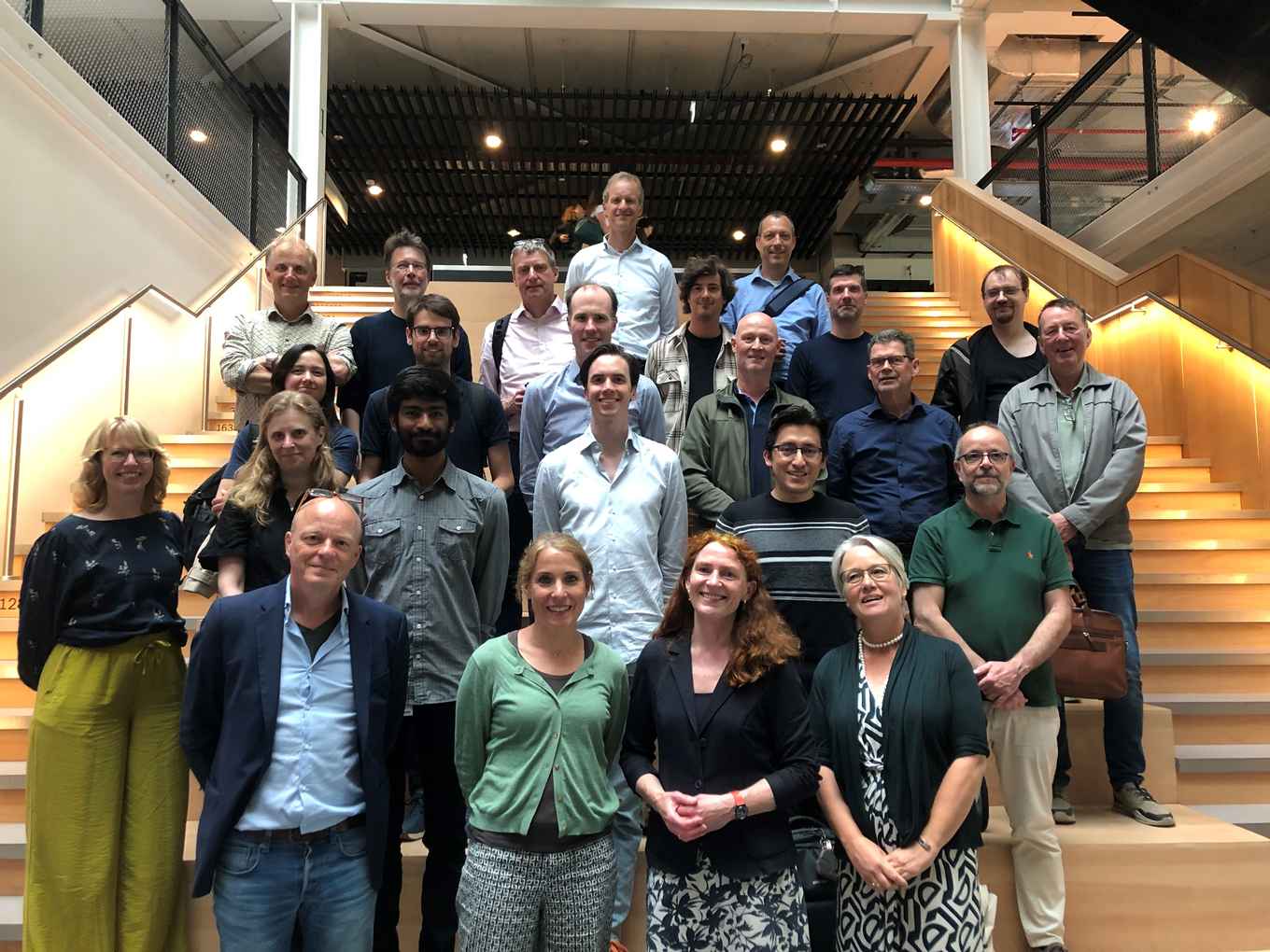Research line Prof. Pernette Verschure
Molecular & Cellular Epigenetics
Current topics are:
- Advancing the development of epigenetic reprogramming as enabling Key Technology NWO-KIC Epi-Guide-Edit consortium coordinated by prof. dr. P.J. Verschure
- The role of epigenetic gene regulation in breast cancer endocrine therapy resistance development (following-up on EU H2020 EpiPredict consortium coordinated by prof. dr. P.J. Verschure)
- UV-induced damage and repair (following-up on Zon-MW TOP research in collaboration with prof. dr. A.B. Houtsmuller, ErasmusMC)
- Epigenetic age determination for forensic applications (collaboration NFI and CLHC).
International consortia
Prof. dr. Verschure coordinates the (inter)national Epi-Guide-Edit NWO KIC Key Technology consortium.
Previously, she coordinated the EU H2020 EpiPredict consortium and served as workgroup leader in the International Nucleome (INC) COST Action network.
Approach and technologies
Our work combines state-of-the-art methods with the development of innovative technologies, including:
- Epigenetic reprogramming, epigenetic editing (CRISPR/dCas9)
- Single-molecule and real-time single cell microscopy
- Advanced molecular technologies and epigenome mapping
- Transcript monitoring (4sUDRB-seq, smRNA FISH).
By integrating wet lab approaches with computational tools, including simulations, machine learning and bioinformatics, we can both quantify changes in epigenetic regulation and apply epigenetic reprogramming as an intervention strategy. With this unique approach, we work at the core of basic and biomedical research questions which provides us interest from colleagues and a wide range of funding opportunities.
